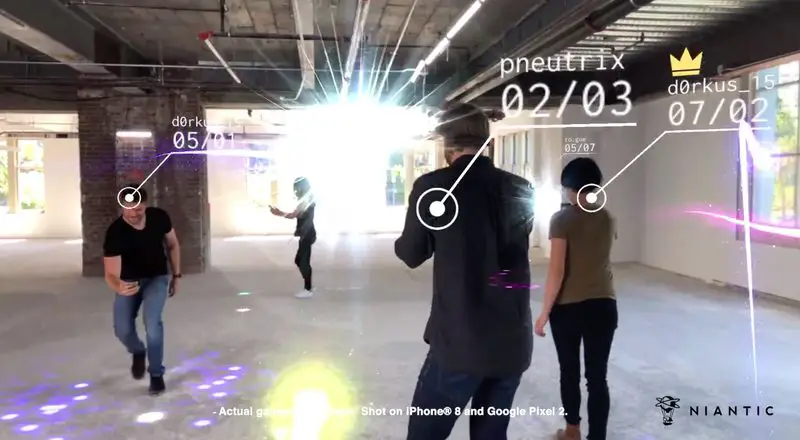Free 3D toolkit from Niantic makes developers happy. The firm has announced that it’s giving everyone the opportunity to use the underlying technology behind Pokémon Go and Pikmin Bloom to develop their own augmented reality and “real-world metaverse” applications. The Niantic Lightship platform is now available for usage. In addition, the firm revealed a $20 million investment fund to help developers who “agree with our vision for the real-world metaverse and contribute to the global ecosystem we are building.”
Free 3D toolkit from Niantic
Developers can utilize the Niantic toolkit to create real-time 3D mesh maps that apps may use to understand the world around a device’s surfaces and terrain. Other APIs will aid apps in distinguishing between various elements of an environment, such as ground, sky, water, and structures. The platform also offers a library of tools that developers may use to create AR multiplayer apps that support up to five players and maintain all of their data and interactions in sync.
The technologies are mostly accessible for free. For the first six months after launch, any app with no more than 100,000 monthly active users will be able to use the multiplayer APIs for free. If the APIs are utilized in an app with more than 50,000 monthly active users after that, Niantic will charge a fee.
Next year’s Coachella will include an AR experience
Universal Pictures, PGA of America, and Warner Music Group have all taken part in a private beta of the development kit. Next year’s Coachella will include an AR experience created by the festival. The view of the Spectra rainbow walkway tower will be visible to them, with a large image of Coachella’s butterfly landing on it.
Meanwhile, Shueisha is collaborating with developer T&S to bring characters from One Piece and other manga into the real world through AR. That app will be launched in 2022.

Niantic’s vision of the metaverse differs significantly from that of Facebook’s parent firm Meta. In a blog post in August, CEO John Hanke said that the “real-world metaverse” would link the physical and virtual realms rather than existing only as a virtual experience. With that in mind, his firm has been collaborating on AR glasses with Qualcomm for the last several years.





